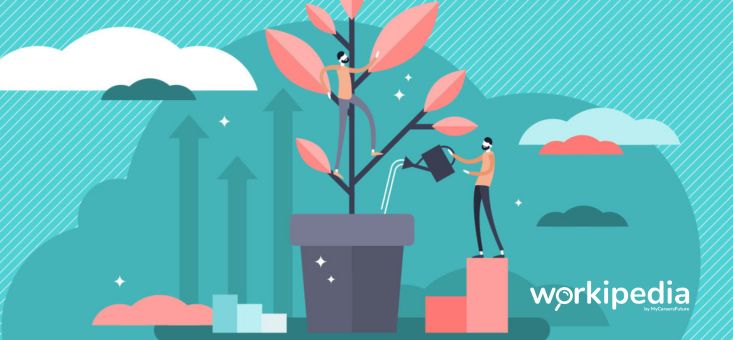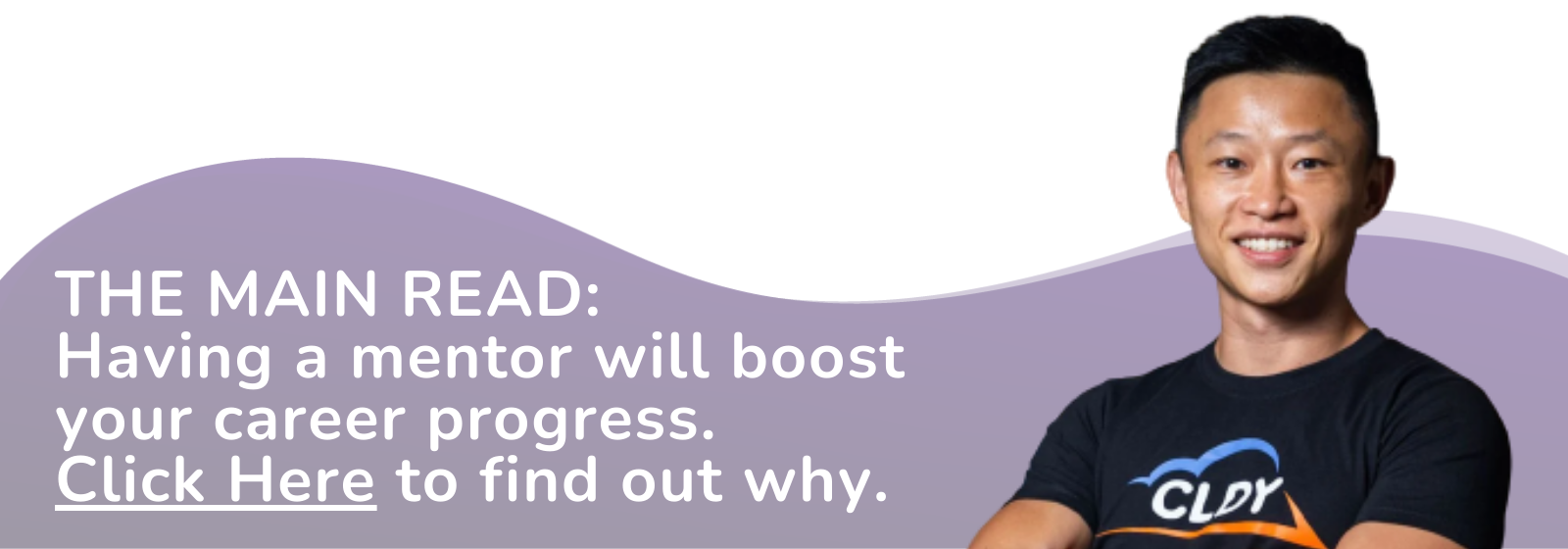There’s a common misconception in workplaces that older employees can’t be taught new skills.
While this is far from actual reality, what is true is that mature workers like you can teach more than a thing or two as a mentor to younger, up-and-coming colleagues.
This takes on more importance because the older you are the more likely you will face all sorts of stigma and misconceptions.
These include being viewed as too “old” or “traditional” and not open to change in the constantly evolving workplace.
There’s also a higher risk of layoffs, changes to job scopes, and being replaced by younger workers or automation.
Becoming a mentor is a proven way to challenge these stereotypes and transform yourself into a highly valued leader or expert in the organisation. Because mentoring is more than merely transferring knowledge or giving guidance. It’s a reciprocal relationship that offers mutual benefits for both your mentee and you that goes beyond the satisfaction of helping someone.
Here’s how to go about becoming a mentor and help develop both your colleagues’ and your careers.
Read Also: Workforce Ageism: How Mature Workers Can Change Negative Perceptions
Even mentors need to start somewhere
In most cases, potential mentors are handpicked by their bosses to groom younger workers.
This means having to get noticed first for what you can bring to the table as a mentor.
That’s how Creative Director Mark Ong got his break while working in Sydney.
“My bosses took an interest in me and about my work, attitude, craft, and how I care about others. They treated me a little different and pushed me because they knew I would be able to mentor one day.”
– Mark Ong, now at GoodStuph advertising agency
One way to get recognised is by spending more time with your colleagues, to get to know them better and find out how you could help them professionally.
“I was given the opportunity to mentor after I began to interact with staff and saw training opportunities at all levels, especially in my areas of expertise,” said Ms Ayu Selamat, a regional business analyst with 25 years of experience at Jebsen & Jessen Ingredients.
To help get started, you could also contact your human resources department to find out if your company has a mentorship programme and how you could play a role.
But if you feel more comfortable with a little experience beforehand, try volunteering through the WeConnect app, which connects youth with mentors.
The mutual benefits of mentoring
Most people understandably assume that the sole beneficiaries of mentoring are the mentees.
After all, they stand to learn from the expertise, advice, and guidance imparted by their much more seasoned mentors.
But it is also widely proven that you too stand to gain in rich and diverse ways as a mentor. You learn to become a better communicator, active listener, problem solver, and time manager.
Mentors acquire other “soft skills” too such as patience and empathy.
As you start working closely with mostly younger colleagues, you also open yourself up to new ideas, perspectives, and approaches and begin to evaluate your own knowledge.
Read Also: Making the Workplace More Inclusive: How Can I Contribute
“Mentoring has allowed me to embark on a journey of self-discovery by reflecting on the lessons I have learnt during my career,” said Ms Kakali Basak, a nine-year veteran at Singapore-MIT Alliance for Research and Technology (SMART).
This has led her to constantly “upskill” in her area of expertise to stay ahead of the game.
All of these new or improved skills will help you become a better leader and stand out as a subject matter expert in your organisation.
These advantages can also position you for pay raises and promotions.
But all good mentors agree that seeing their mentees succeed because of them, is a reward in itself.
“When I see others becoming more independent, able to solve problems by themselves, and applying what they have learnt — these give me the greatest fulfilment and joy,” said Accountant Jiu Tau Hew, who has been with Jebsen & Jessen Business Services for 20 years.
“I had a wonderful surprise a few years back when I received a ‘Thank You’ card on Teacher’s Day,” she said.
Now that is something you can’t put a price on.















